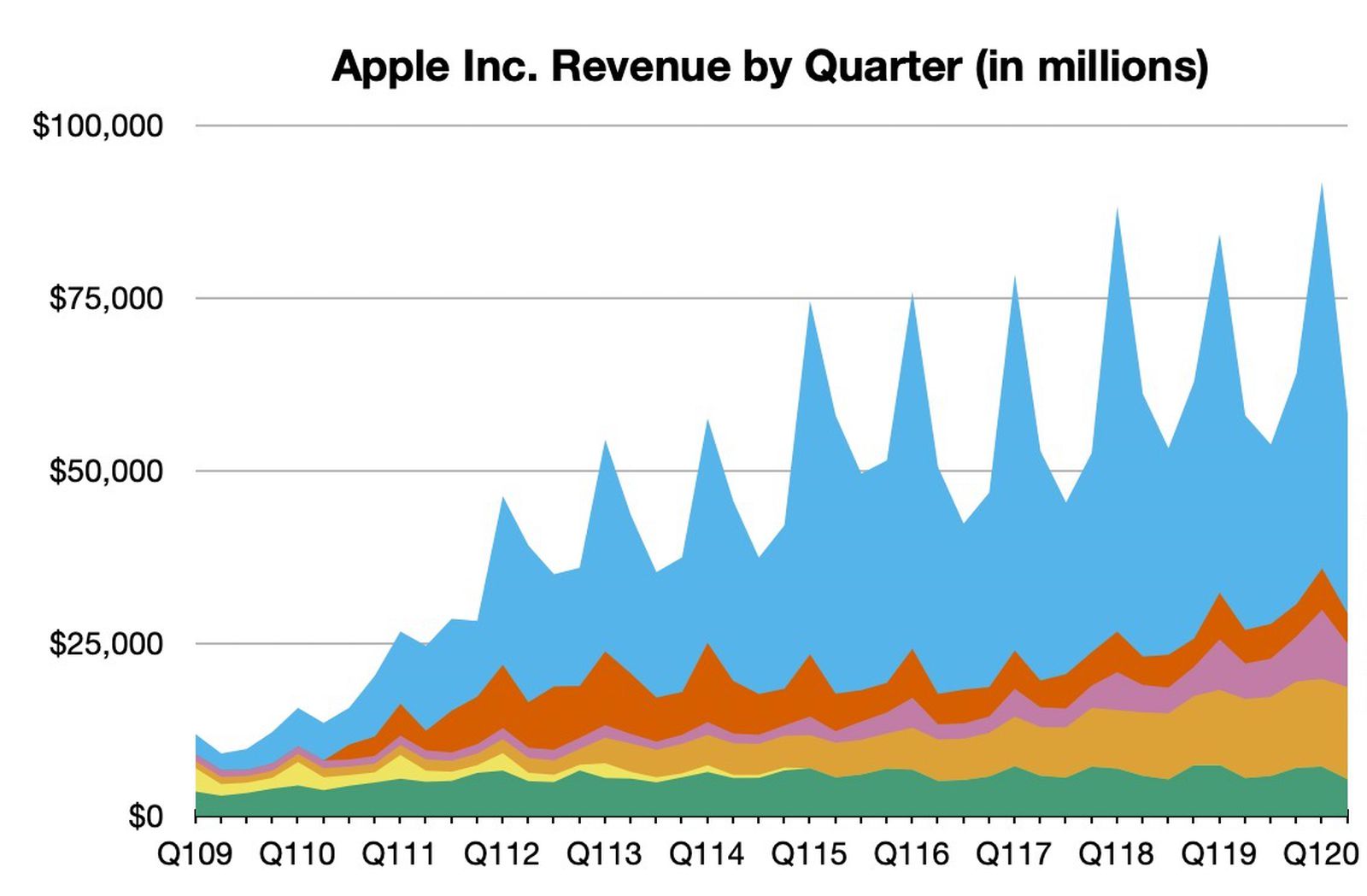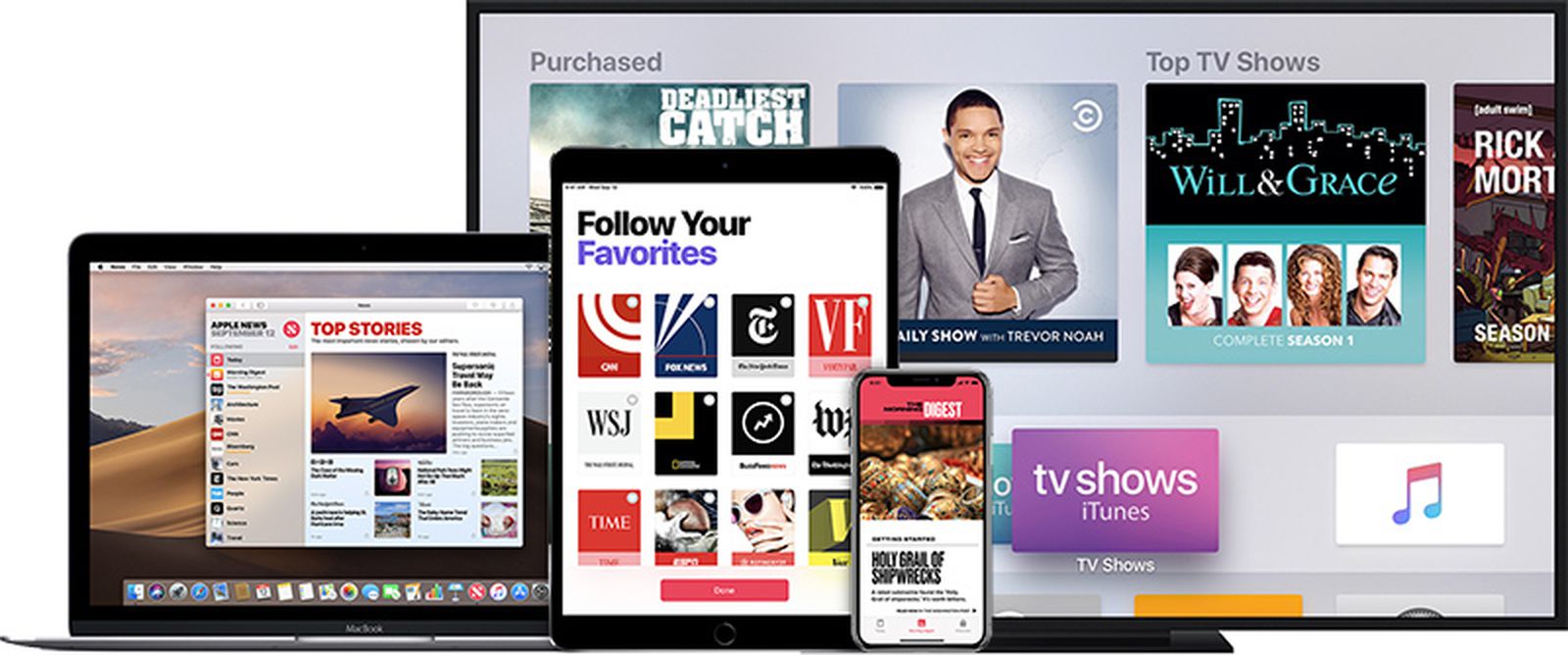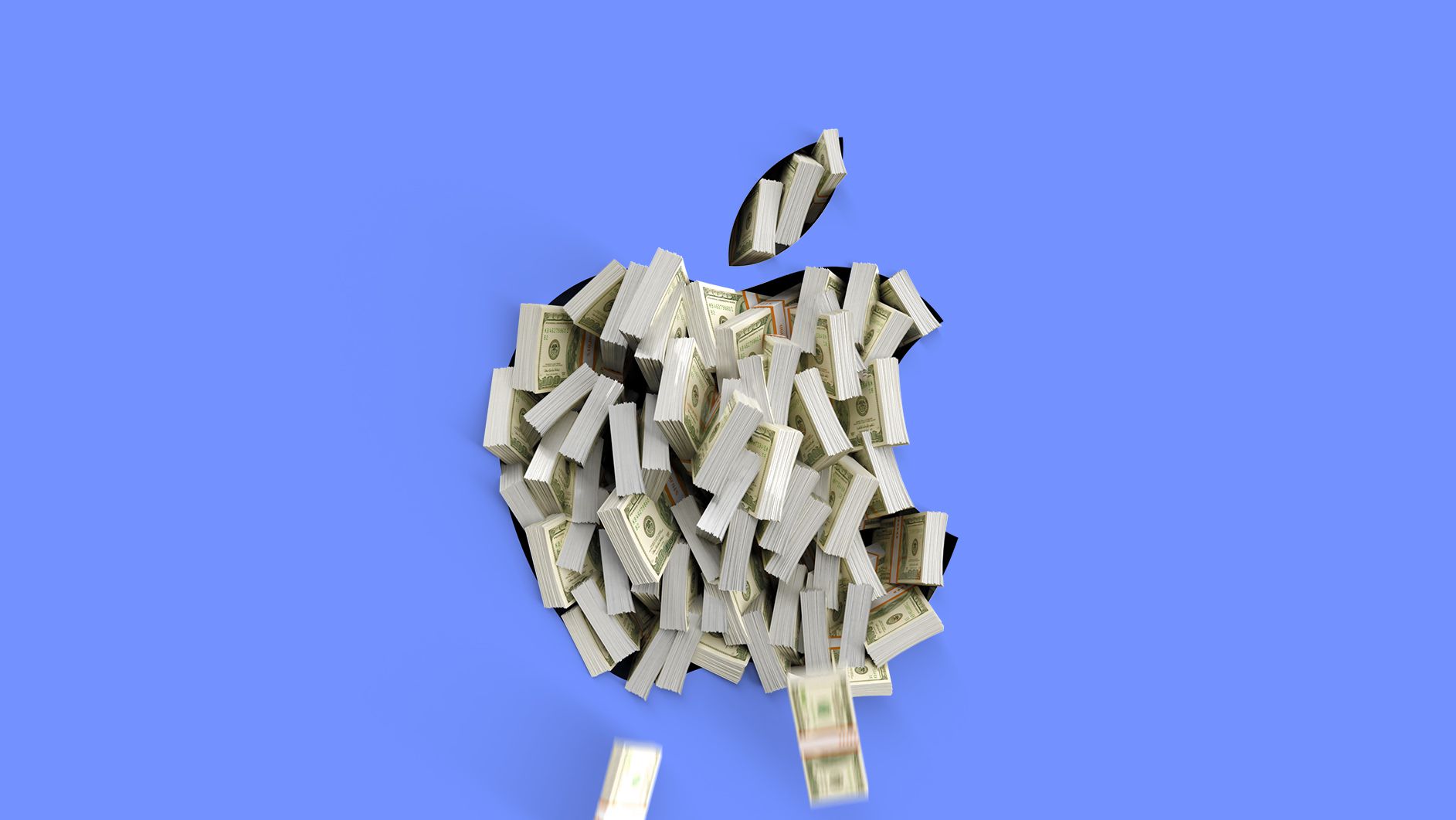What's telling is that when you listed OS platforms, you had to list Android twice and include an OS that has a market share of less than two tenths of a percent, amounting to nothing more than a rounding error.
I list the two different Android versions, because, as you said, the control Google exercises over Android is only over its services. Android Open Source Platform allows a manufacturer to support all the Android apps through their own application store (assuming they can get developers to make their applications available through their store), without any of Google’s platform exclusivity conditions.
The technical existence of a truly inconsequential "competitor" does not somehow magically nullify the existence of a duopoly.
The availability of AOSP means that any competitor (or group of competitors) could release phones that supported Android apps without incurring the conditions that Google requires for licensing its tools. Microsoft could produce a branded version of AOSP will all its software in the store (or included by default) without being required to develop a third version of their code. That they do not shows not that Google is anti-competitive, but that they do not believe they can offer enough value or differentiation to make it financially worth it.
lol And talking about hardware manufacturers is completely beside the point, as the methods that Apple and Google use to act in anti-competitive ways is through their software, not hardware. Apple didn't use hardware to disallow game streaming apps, they did it through software and terms and conditions.
There are two different, interrelated markets. One for hardware and one for software. Apple is a major player in both. Google is a major player in software, but a minor player in hardware. Samsung is a major player in hardware, but a minor player in software (they do offer their own application store, and their own competitor to Apple Pay and Google Pay).
I'm not asking for any choice to be eliminated from the market.
Yes you are. You are asking to eliminate the platform choice that a over a billion customers have made because you do not like it. I picked Apple’s ecosystem not Google’s or either of the open source alternatives because I like the safety, security, privacy, convenience and integration choices Apple has made. You want a system that is less private, less convenient, and less integrated, as well as likely less safe and secure.
I want to see limits placed on Apple's and Google's ability to act in anti-competitive ways.
Be specific. What restrictions do you want to see.
Choosing between a fair, competitive environment and security is a false dichotomy.
Again, easy to say, please provide specifics.
I generally enjoy Apple's walled garden approach myself, but innovation slows when the big guys are allowed to further entrench and insulate themselves from competition.
Being forced to define open APIs to break out services does more to slow innovation. It takes years for standards bodies to agree on standards and then even longer to agree on changes to them. Clearly Google and Apple have been able to insulate themselves from competition. That is why the only social networks we have are Google+ and Ping, the only business productivity apps we have are Google Docs and iWork, the only video editor available is Final Cut Pro, Google Home and HomePod are the only smart speakers (and both are bundled in many cars),
etc.
That dominance is why Apple Music and YouTube Music control 90% of the music steaming market, while tiny players like Spotify languish and are forced to introduce innovative features like spatial audio and lossless transmission to desperately try to hold on…
With competition, Apple would be forced to charge less for their services or continue to innovate on them to make them worth paying more for than what their competitors offer. Saying that Apple users can go to Google (or vice-versa) completely misses the fact that consumers are then just shuffling between two anti-competitive halves of a duopoly.
Exactly how many players do we need in a market to have the level of competition you want? Three? Four? Five?





